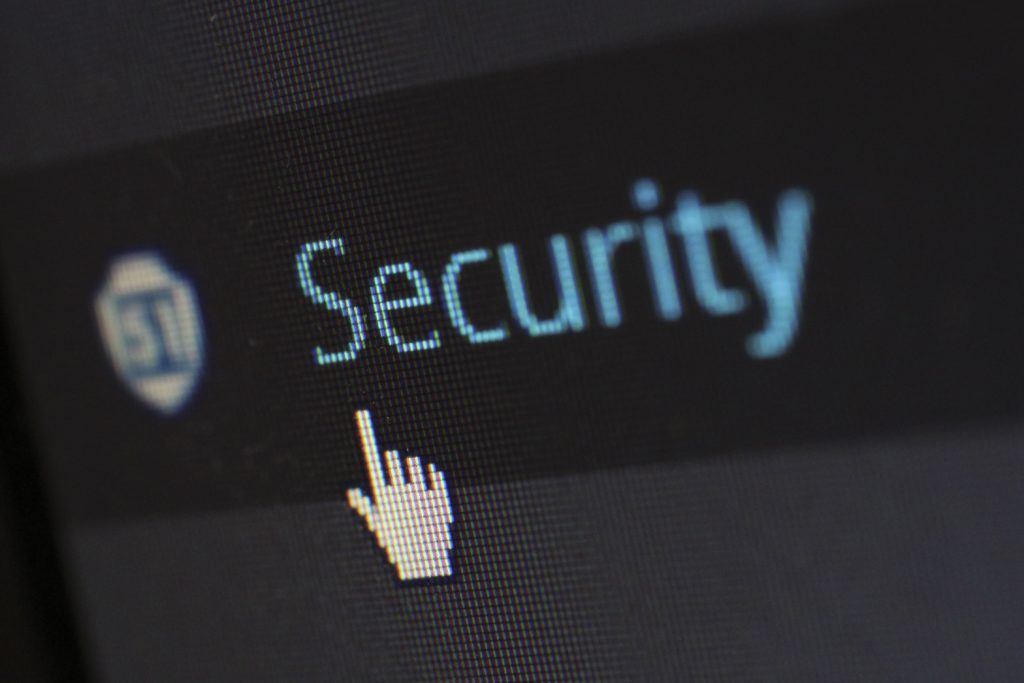
Part II on the NETPRAETOR.com overview of the nine main categories of information technology which have the most impact on end user data privacy and data security through daily use.
Across devices, operating systems, applications and websites, passwords are the common thread which tie them altogether. From logging in to a device as a local user, accessing social media platforms, or checking banking information, signing in to any of these will require a password. Factoring in entertainment platforms such as Netflix or online shopping with Amazon, most individuals end up juggling between 6 and 12 passwords on a daily basis, and that is most likely a very low estimate.
As more people are managing an ever growing list of login credentials comprised of user id’s, passwords, and sometimes two-factor authentication (2FA), it becomes an unmanageable situation for most. This usually results in people adopting one or two bad habits concerning their login credentials. The most common scenario is that people begin to standardize their usernames and passwords across devices, websites, and applications. For example, someone may pick ‘jdoe’ as a user id and ‘random25’ as a password. They begin to use that login and password for multiple accounts spanning banking, entertainment and social media.
Under this scenario it creates one weak link, whereby a breach in one area could allow access to all other sites using the same credentials. What should be an isolated breach, automatically cascades to other websites and systems like a domino effect.
Another bad habit people use to try and cope with an unmanageable list of login credentials is to physically write them down, or store them unencrypted on digital storage such as a usb stick. Both options are very bad ideas for obvious reasons. Physically writing them down means someone else can physically gain possession of them. Even if they are stored securely, they must be removed from secure storage while being used to login to a system or website. During that time the passwords would be vulnerable to theft, or more likely, someone observing over your shoulder who could potentially memorize some of the credentials.
Unencrypted digital storage of login credentials is also a very bad idea. This is due to anyone with access to the storage device having the ability to physically steal the digital storage, or quickly copy it while leaving the original file intact. There is a solution for these common password issues experienced by millions of individuals everyday.
Password managers address both problems faced by individuals trying to cope with an ever growing list of user id’s and passwords. First, they allow you to access your user id’s and passwords from any device via secure cloud storage. The best password managers will allow a local device created encryption key to be established at the time of account creation. This ensures that even the company who owns the password manager cannot access any of the data since they physically don’t have the means to decipher it. Anyone trying to view data stored with the password management company would only see garbled and unintelligible data.
Secondly, password managers allow for the creation of extremely strong and custom passwords unique to each website or system. Additionally, really good password managers will even go so far as to provide an alert when it detects the same password being used more than once. Ensuring a unique password for each site provides assurance that even if a breach does occur, it will be isolated to only that specific system or website.
NetPraetor currently recommends 1Password as the password manager of choice. They employ zero-knowledge encryption along with enterprise class security standards while offering plans covering a family of 5 for only $4.99 per month. 1Password has received multiple third-party audits attesting to their security standards. Finally, they have seamless integration with the NetPraetor recommended Apple MacOS operating system along with Apple’s entire eco-system including iPads and iPhones. Individuals choosing to use an open source operating system such as OpenBSD can even access 1Password from the command line via their CLI tool.
Now is the time to begin using a password manager, or switch if the one in use currently does not maintain zero knowledge encryption via a locally created encryption key. Secure passwords are foundational to secure data and privacy, a compromise in this area makes privacy and data security efforts in all other areas wasted time and money.



